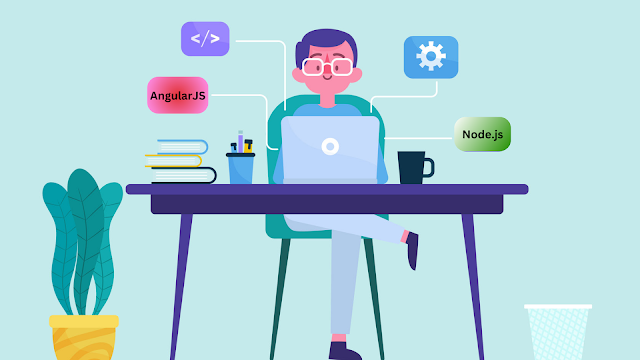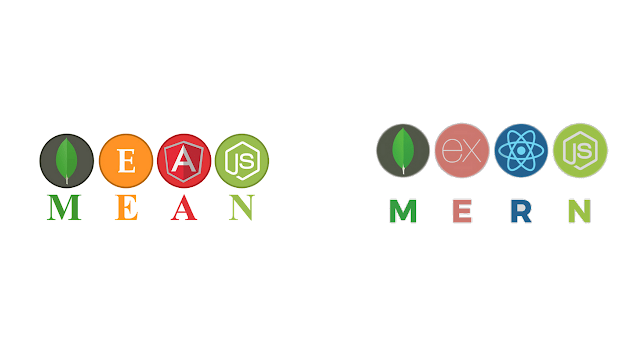How MongoDB works in MEAN Stack?
MEAN stack is a popular technology stack for developing web applications using JavaScript. MEAN stands for MongoDB, Express, Angular, and Node, the four key technologies that make up the stack. In this blog, we will focus on how MongoDB works in the MEAN stack Development and why it is a great choice for web development. What is MongoDB? MongoDB is a document database that stores data in JSON-like format. Unlike relational databases, MongoDB does not have tables, rows, and columns. Instead, it has collections, documents, and fields. A collection is a group of documents that share a common schema or structure. A document is a record of data that can have any number of fields. A field is a key-value pair that represents an attribute of the document. MongoDB is designed to be fast, scalable, and flexible. It supports dynamic schemas, meaning that you can change the structure of your documents without affecting the existing data. It also supports various data types, such as strings, numbe




